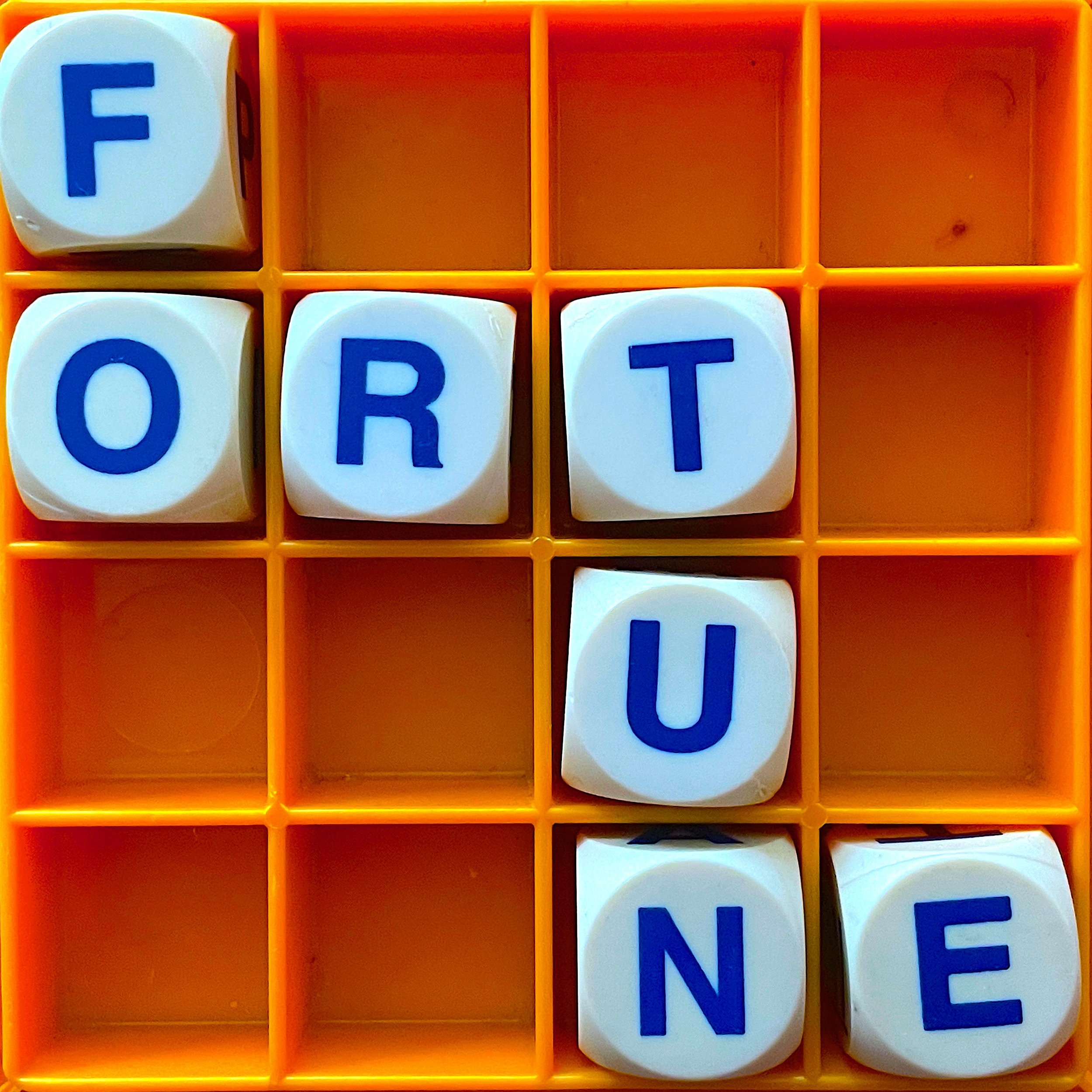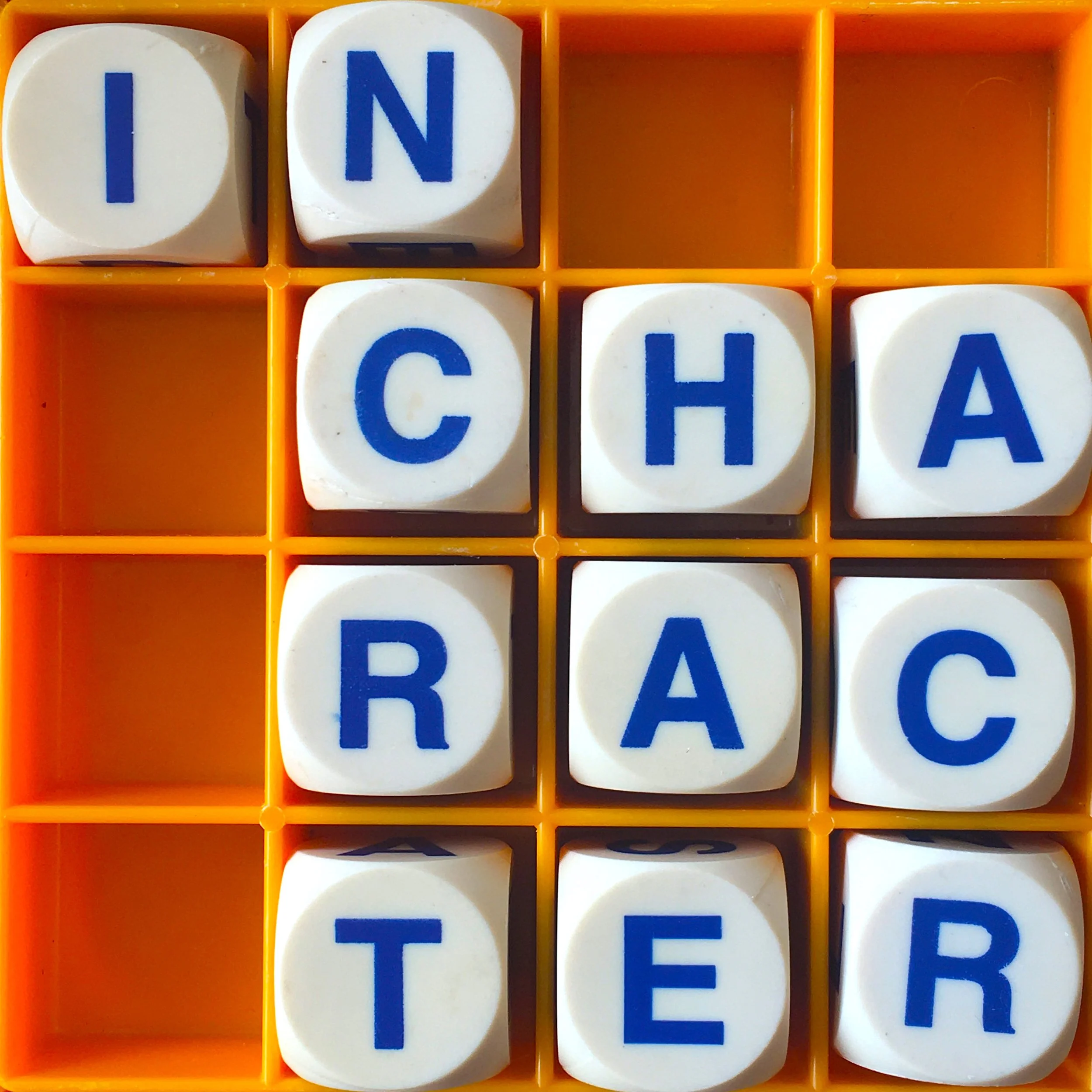BIBEK GURUNG: You grow up with the sense that if your first language, or one of your first languages, Singlish, actually a bad version of an already existing language, you kind of get this sense that “I'm just bad at language,” which is… language is a fundamental human skill. It's what separates us from the lemurs or whatever. And to just have this sense that you're bad at this very fundamental skill, I think, really does a number to your self esteem and your abilities to communicate in general. I still have a lot of - I don't know how to phrase it, maybe like cultural cringe - around Singlish. And when I meet someone from Singapore, we do sort of lapse into Singlish and communicate in that way, except if I'm with American friends and then I just feel so self conscious and I'm not able to do it. As a student of linguistics and someone who just knows about the sociolinguistic dynamics, I still find it really hard to shake.
Read moreAllusionist 189 Mouthful of Fortune transcript
HZ: What is this principle that is at play here, with foods being lucky because their names sound like other things?
MIRANDA BROWN: The main principle is that there's this very ancient Chinese belief that dates, I think, to the first or second century AD during the Han dynasty, that things that share similar sort of qualities - it could be appearance, it could be sort of textures, and names - share in common some sort of cosmic resonance. So the basic principle is that if you sort of you can activate those resonances by, let's say, you want a lot of money, then you might wear clothes that have gold, or you could eat foods that sound like a lot of money or ‘get rich’, and that would in some ways attract that desired end into your life. And this is especially important during liminal times of the year or when seasons are changing or when you're celebrating a holiday. The future is being decided, or it's somewhat inchoate. So this is your way of making these desired outcomes realized.
HZ: Because I was wondering: if the foods are lucky, then why can't you eat them throughout the year? But is that just gaming the system in a way it should not be gamed?
MIRANDA BROWN: I think there's something special about holidays, which, are transitional periods, that I think make that kind of eating especially effective. And, I also have to remember that during Lunar New Year, it's the beginning of the year. If you're going to set your goals for the year, the beginning is a good time to start.
Read moreAllusionist 164 Emergency transcript
SIM CHI YIN: In Britain basically it's more or less one of those faraway forgotten wars. It was an out and out war that was merely called an emergency.
Read moreAllusionist 153 In Character transcript
we think of all the important transformative game-changing global technologies in communication, like telegraphs, typewriters and computers: none of it was really designed with Chinese in mind. They were all for alphabetic, precisely English language.
HZ: It seems a bit unfair for China to be left behind by writing technologies, given that China had the movable type printing press centuries before Europe.
JING TSU: A fact they will continue to flaunt! That is the question; that's why the catching up was doubled with this memory of “How did we get to this point? We were leading, how do we now end up chasing someone else's writing system from behind?”




